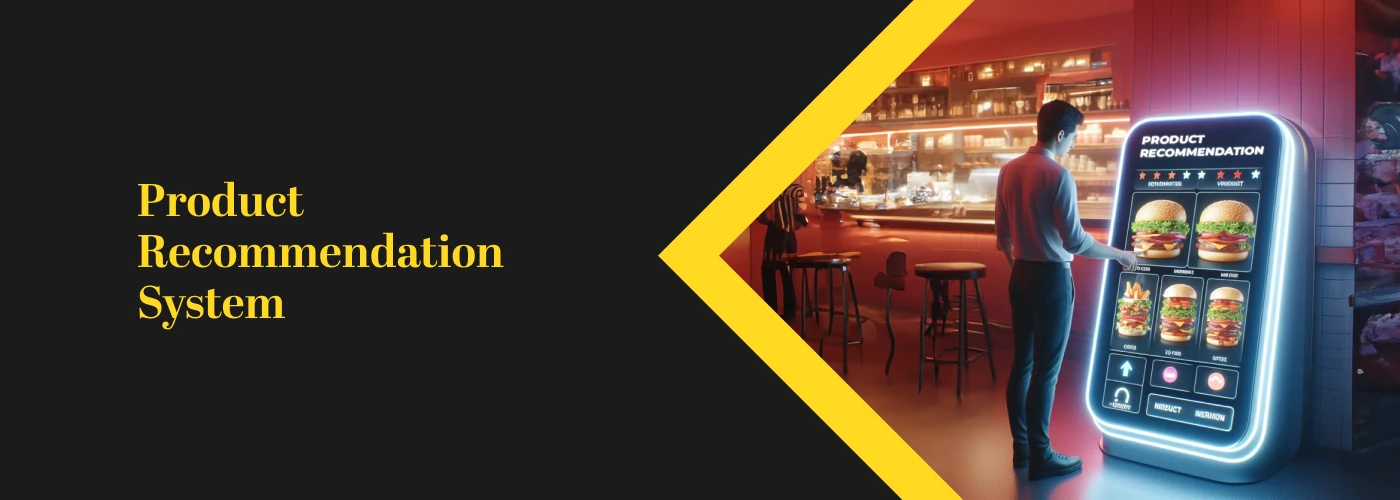It has become clear that we won't be back to "business as usual" anytime soon. A few months ago, the changes to the workplace brought on by pandemics were viewed as a temporary adjustment — something we required to endure for a few months before the inevitable return to offices, commuting, and face-to-face meetings.
But as organizations settle into the reality that the present state of things might be the new normal, they require to shift their focus from temporary fixes to a new approach to organizational strategies. For any organization that relies on direct sales to drive revenue, it's time to systematically update the sales plan for the world we're living in now.
No matter which sales sector you are in, having a sales plan is crucial. A sales plan allows organizations to plan out the future of business and keep on track while hitting the targets along the way. It serves as the guideline and starting point for planning as a whole. However, the sales plan is rarely ever the simple extrapolation of quantities and revenues. It revolves around the company's performance targets and the specific targets of the strategic business fields.
Sales plans should encompass several business elements, including pinpointing exactly who your business' audience is and how you appeal to them as a business. You should be able to layout what factors impact your sales from a business perspective, for example, any competition you're aware of, as well as the type of business environment you're in.
The Traditional Approach Towards Planning In Sales
Traditional sales planning has relied on account segmentation, often determined more by local historical knowledge than up-to-date facts. The result is that, over time, sales models become less effective and globally inconsistent.
Historically, organizations used to prepare static plans, which were attributed to the sales leaders' registers, going ahead, it was replaced by commercial software for presentations or recordings. At that point in time, sales teams collate data periodically and formulate the plans for weeks, months or quarters.
Extensively, these were replaced by spreadsheets, which gives a certain level of convenience when it comes to calculation, budgeting, and forecasting.
Then in the mid-90s, the widespread adoption of emails helped distribute this information over a larger audience. But it was not enough, and on various occasions, it would lead to duplicity and miscommunication. Then came CRM solutions which are still predominantly the platform used by the sales teams.
Modern Approach
In the present scenario, organizational sales planning needs a dynamic and supple work-frame complemented by fast actions and collaboration. It needs to be both detailed and agile.
The sales process should be streamlined and well documented to define goals. It should be made in a way that segments users based on the buying behaviour, describing steps for engaging prospects, responsibilities and predicts the conversion cycle.
Ensure that every piece of information is well articulated and adhered to supporting resources and timely reporting in order to avoid losing any opportunity.
Flexibility is one of the prime aspects of planning because it is impossible to account for every single factor which is not under the control of organizations, such as – technological, political, economic, and more. Therefore, the adaptability into the sales processes extricates sales professionals to think over the top and act as per any distinctive circumstances.
Increase sales performance and optimize your teams go-to-market strategy with adaptable plans and insightful forecasts.
How Organizations Can Win With Technology
As per the survey, 50% of marketing and 46% of sales executives say that they believe that their business processes are more reliant on technology than those of other departments in their organization.
In the present scenario, sales executives face increasing demands to grow in an environment that is becoming more complex every day. As the pace of change increases, so does the need to rethink and transform current sales models, structure, talent, and processes.
Organizations that successfully transform, invest in and heavily rely on their sales-operations teams to drive change and fuel continuous sales-productivity improvement over time. Today, sales leaders have an ever-growing range of technologies at their disposal, with numerous vendors to consider when evaluating their technology investments.
Building a top-notch sales-operations team requires long-term commitment, but having the right capabilities in place can drive superior sales results over time. Leveraging a cloud-based planning platform ensures that your strongest people will use the best available data to make better-informed decisions. And that's where Anaplan's connected planning comes into the picture.
Anaplan's Connected Planning Approach
Anaplan's vision of Connected Planning gives a fresh view on how to streamline forward-looking decision making. Utilizing a platform approach, Anaplan can be used for more comprehensive planning needs connecting finance, sales, supply chain and other use cases. With the connected planning approach,
These tools can be integrated into your planning system for real-time sensitivities and analytics. This also brings stakeholders much closer to the overall process and into the planning platform itself.
Anaplan's sales planning capabilities break down silos on the revenue side of the businesses. Classic budgeting tools generally focus on the cost side of the equation with limited capabilities around detailed demand and sales forecasting. Anaplan aligns these capabilities into the planning system. Anaplan helps forward-thinking sales leaders to plan, sell & cater effectively to customers of varying demands so that the planning cycle moves from a linear process to a continuous process.
At Polestar Solutions, we are Anaplan Solution Partner with a team of highly experienced industry experts, architects and motivated individuals with sheer knowledge to deliver impeccable strategy & services for your organization. We have developed industry-leading solutions for multiple Fortune 500 Clients. To know more, you may book a session with our experts today.



